Writing 150 Musical Compositions Before Turning 50: Stephen P. Brown’s Quest
Rejection didn't dampen Stephen P. Brown's inner fire. Instead, being turned down from achieving something he wanted flamed his desire to grow and change. Here's his quest.

As a conductor of orchestras, bands, choirs and musicals, it has been my privilege to see thousands of people laugh, cry and directly connect with live music, whatever language they speak. My life journey has taken me from a small village in the English countryside to the sunny shores of Florida via Europe, Africa, South America, and much of the USA and Canada. Through all my travels I occasionally needed to compose music specifically for the ensembles I worked with, and I dabbled in some formal composition training here and there, but I never considered myself a 'composer.'Read More



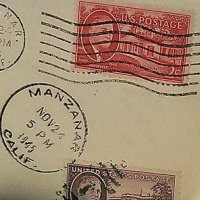

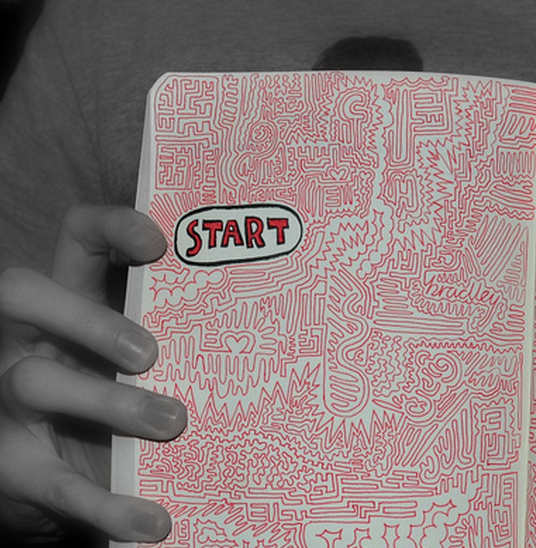

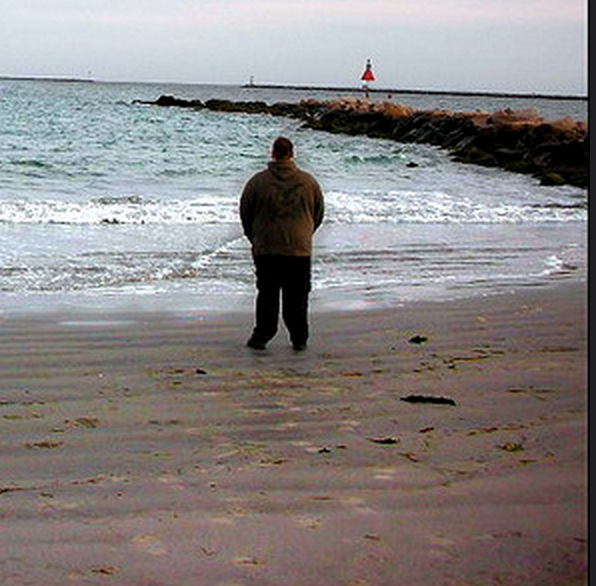






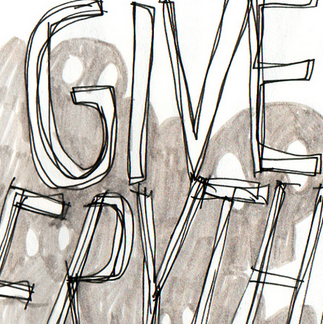

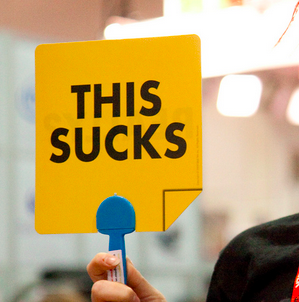



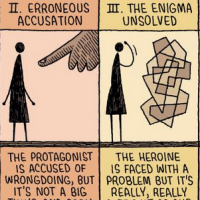
 When talking about adventures, I often relate the plot outlining of blockbuster movies and video games. What if the synopsis of a big summer movie was "So and so had to save the world from evil... and then they did?"
We'd think, "That's it?! How did they save the world ... what happened along the way? Did they lose something and have to recover it? How was the hero changed throughout the journey, and what was different at the end of the story?"
Challenge is the essence of adventure, and struggle is the root of any great story.
In fact, sometimes the struggle is the entire story. If the struggle is good enough, we're willing to overlook anything else. Why did the aliens invade the earth? Who cares—we have to defeat them!
When talking about adventures, I often relate the plot outlining of blockbuster movies and video games. What if the synopsis of a big summer movie was "So and so had to save the world from evil... and then they did?"
We'd think, "That's it?! How did they save the world ... what happened along the way? Did they lose something and have to recover it? How was the hero changed throughout the journey, and what was different at the end of the story?"
Challenge is the essence of adventure, and struggle is the root of any great story.
In fact, sometimes the struggle is the entire story. If the struggle is good enough, we're willing to overlook anything else. Why did the aliens invade the earth? Who cares—we have to defeat them!

 1. At the end of the day, ask yourself, “Did today matter?”
Sure, you could spend a long time thinking back on your to-do list and reviewing your calendar. And what were all those emails about? But when you ask yourself this question, chances are you’ll know the answer intuitively.
Did today matter? If so, great. Do more things like it tomorrow. Can't remember anything in particular that made a difference? Well, better change it up.
Before you hit the ground running, take a few moments in meditation or thoughtfulness to decide what you’d like to see happen by the end of the day. Again, be sure to prioritize: it would be great to make a ton of progress on everything, but you probably won’t. What's most important? What is realistic to achieve?
1. At the end of the day, ask yourself, “Did today matter?”
Sure, you could spend a long time thinking back on your to-do list and reviewing your calendar. And what were all those emails about? But when you ask yourself this question, chances are you’ll know the answer intuitively.
Did today matter? If so, great. Do more things like it tomorrow. Can't remember anything in particular that made a difference? Well, better change it up.
Before you hit the ground running, take a few moments in meditation or thoughtfulness to decide what you’d like to see happen by the end of the day. Again, be sure to prioritize: it would be great to make a ton of progress on everything, but you probably won’t. What's most important? What is realistic to achieve?

 Through the camera, Powell is starting a conversation about debt—something many people experience alone but never talk about because of the shame and stigma that can be attached to it. How does debt effect us and our daily lives? Are people as alone in this struggle as much as they feel?
Through the camera, Powell is starting a conversation about debt—something many people experience alone but never talk about because of the shame and stigma that can be attached to it. How does debt effect us and our daily lives? Are people as alone in this struggle as much as they feel?

